“Plans are worthless, but planning is everything.”
Dwight D. Eisenhower
At the end of July 2020, teams from the 27 countries of the EU met to negotiate a budget, COVID-19 stimulus funds, and for the first time deficit spending. Four days later, they emerged with a 7-year annual budget of € 1.07 trillion and a stimulus of € 750 (US$ 857) billion. How did they do it?
Negotiation involves only two skilled activities, preparation, and engagement. Negotiators repeat these steps until they partner on an agreement.
Success in Negotiation Requires Preparation
In early April, EU administrators proposed the need for stimulus funds beyond national budgets. Member nations agreed in May to proceed, outlining their positions in June. With the planned July summit approaching, 27 teams, one for each country, worked to understand the negotiation’s context and personality.
Preparation develops a strategic view of an upcoming negotiation. When we plan, we train our subconscious to adapt to the dynamics of engagement; often making unfamiliar settings familiar.
Negotiation without planning is a wandering search for the minimally tolerable (regardless of assertions from those overly confident). Preparation is practice for success.
Positions are Lines Upon a Shifting Sand Dune
Some national positions were well known and highly debated. Most notably was the potential for the Frugal Four -the Netherlands, Sweden, Denmark, and Austria- to block the agreement. They were hesitant at the prospect of the EU itself issuing debt—an action that requires a debt obligation from each member country.
Positioning before a deadline allows parties to evaluate their stance and those of others. Identifying the gaps in information and understanding of informed guesses is critical to being primed for the unexpected.
Preparation creates a plan with a list of questions whose answers are not available until after the negotiation starts. In other words, as Louis Pasteur and several others once said, ‘Chance favors only the prepared mind’.
People Embody Positions But Interests Lie in the Shadows
During these negotiations, Dutch Prime Minister Mark Rutte operated as the mouthpiece for the Frugal Four. The Dutch government and populace were consistent in their interest for fiscal prudence, but such inflexibility could have created from superficial guesswork. Despite the evidence to the contrary, The Economist gave a hopeful foreshadowing of the summit subtitling a column, “The art of compromise without capitulation.”
A lead negotiator should have a team who also has stakes in the outcome. The team’s responsibility is to help develop and crosscheck underlying assumptions in the upcoming negotiation.
Negotiation occurs in a setting and for a purpose, with style, and for an audience. The team needs to possess the ability to glean insight into the people and circumstances around them and be able to understand the personality of the negotiation itself.
The Objective of Preparation is Readiness for Action
27 countries, innumerable individuals, billions of euros, COVID-19 damaged economies, and a new form of debt—no one treated the situation as trivial. Everyone prepared for nearly 4 months to make those 4 days productive. Success in negotiation did not come easy; it came with preparation.
Preparation is the homework for a negotiation, establishing a frame of mind for the negotiator as an individual or team. Success requires creating a foundation for the negotiation… and that foundation is preparation.
Next month, we’ll dive deeper into the skills of preparation.

